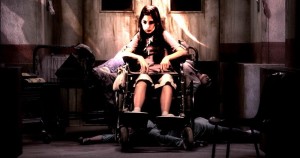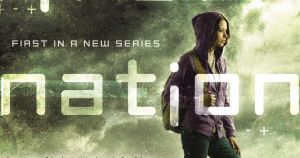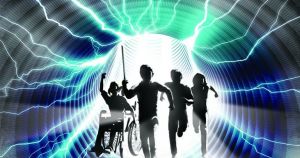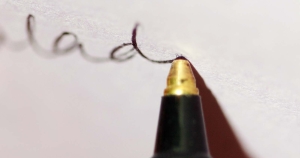
Discussion: Magical Disabilities
When we talk about disability and sci-fi/fantasy, the first thing many will think of is the magical disability trope. But what does this trope entail and imply? And how can you subvert it?

When we talk about disability and sci-fi/fantasy, the first thing many will think of is the magical disability trope. But what does this trope entail and imply? And how can you subvert it?

I was intrigued by the virtual-reality premise, but this book is a veritable hotbed of misogyny and a case study in how not to write a wheelchair-using character.

In science-fiction and fantasy, you invariably run into fictional disabilities and allegories. Do these “count” as disability? What makes them work successfully in a book?

The description for this book uses the phrase “brilliant but autistic” to describe its main character, and that’s where our conflicted feelings about Viral Nation start.

Insecure autistic boy meets thoughtful, magical adventure: The Real Boy is now my go-to recommendation when people ask for books with autistic protagonists.

Linette is more a convenient plot device than a protagonist, and disabled readers deserve more. Young Knights of the Round Table is a prime example of incidental disability done wrong.

Julia is a Deaf teen girl who is creative, artistic, and passionate. And she is an authentic portrayal of deafness.

Writing about characters with mental illness can be challenging in various ways. How do you accurately convey a character’s state of mind, without compromising on clarity or excitement? How do you show a character’s skewed perceptions of the world?

Despite some flaws, it is clear the author did his research. I enjoyed this book and recommend it.
How do our contributors define the dreaded concept of “inspiration porn,” and how do they feel about it?